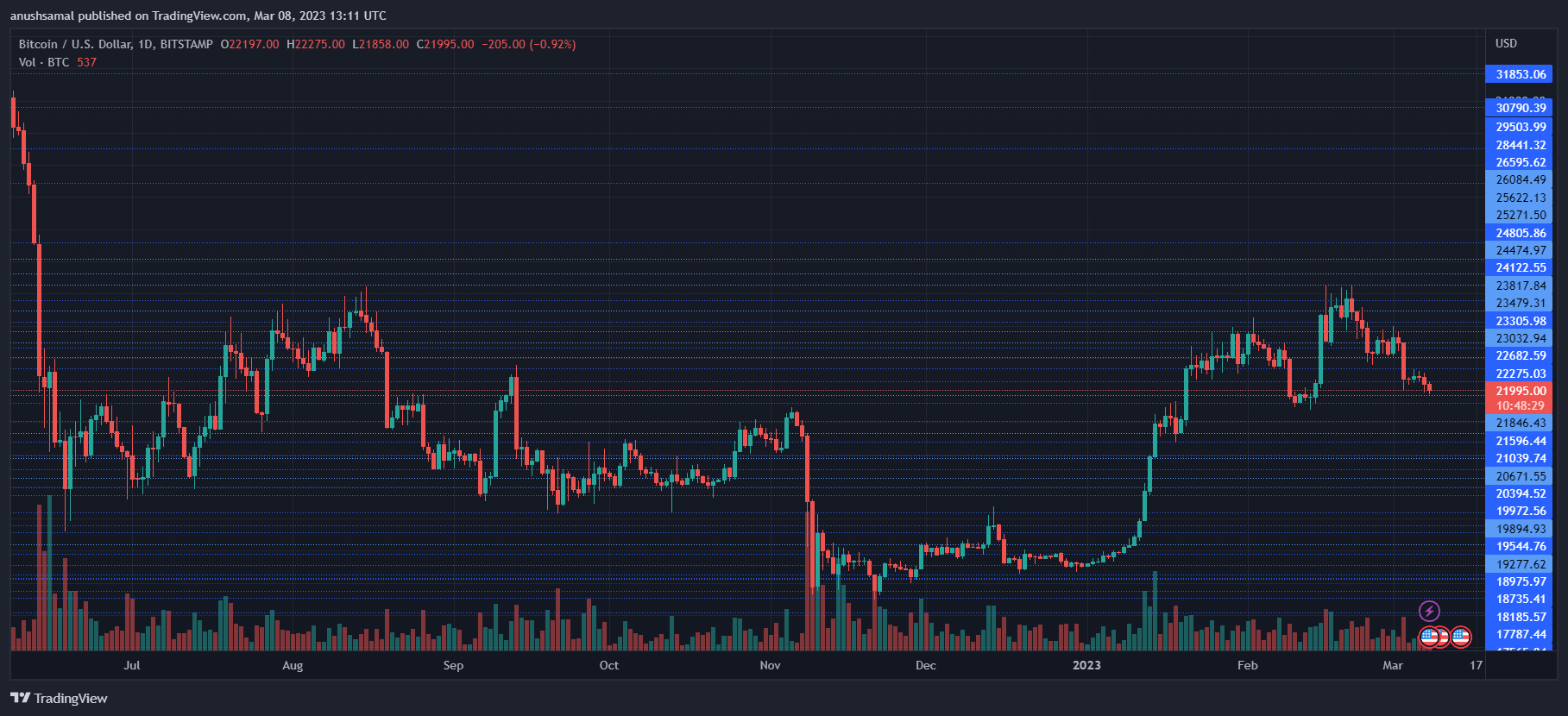According to a report from Reuters, the government of India has decided to introduce money laundering provisions in the crypto sector. The Finance Ministry released a notice on Tuesday stating that the anti-money laundering legislation shall be applied to crypto trading, safekeeping, and other financial services.
The notification released by the government lacked details. Still, the Prevention of Money Laundering Act mandated that financial institutions should maintain records of all transactions in the past ten years.
The financial institution must provide these records to the regulators if needed. These records must be verified, and the financial institutions must identify all the clients.
This marks India’s most recent step towards ensuring a strict oversight of digital assets. This step has been taken to align itself with a global practice that demands crypto platforms to “follow anti-money laundering standards similar to those followed by other regulated entities like banks or stock brokers,” as mentioned by Jaideep Reddy, counsel at law firm Trilegal.
India’s apprehension regarding crypto resulted in stringent tax rules imposed on the crypto sector, including heavy taxation levied on crypto trading.
India’s move to impose such draconian policies on the industry is also partly responsible for the substantial drop in trading volumes in the country. The anti-money laundering step could be difficult to implement as the requisite compliance measure will most likely need more time and resources, as mentioned by Reddy.
Crypto-related Scams Rise In India
This step to impose anti-money laundering (AML) regulation comes after India witnessed several cases of crypto-related scandals within the country. At the end of last year, hackers had taken down the All India Institute of Medical Sciences (AIIMS) internet server and demanded a ransom of over $24 million in crypto.
In November, the Indian Directorate of Enforcement (ED) seized nearly $2.5 million worth of Bitcoin from an illegal gaming platform called E-nuggets. ED had broken into a Binance user’s wallet, linked to the mobile gaming app, and frozen 150.22 Bitcoin.
Previously, ED had suspended the account balances of many Chinese-operated entities in connection and probed into the app-based token HPZ. The regulator froze the amount worth Rs 9.82 crores, roughly $1,218.500.
India Pushed For A Blanket Ban
In February, the Reserve Bank of India (RBI), the Central Bank of India, expressed concerns about crypto and urged for a ban. The Indian authorities wanted a preemptive ban on cryptocurrency advertising and sponsorships displayed in the women’s cricket league.
However, India’s Finance Minister, Nirmala Sitharaman, did not speak for the blanket ban on digital assets. While celebrating India’s first presidency of the G20 summit, Sitharaman advocated for international efforts to regulate the industry as a whole.
She intended to have a coordinated effort “for building and understanding the macro-financial implications,” as she has believed that with just regulation itself, the industry could reform itself globally.







